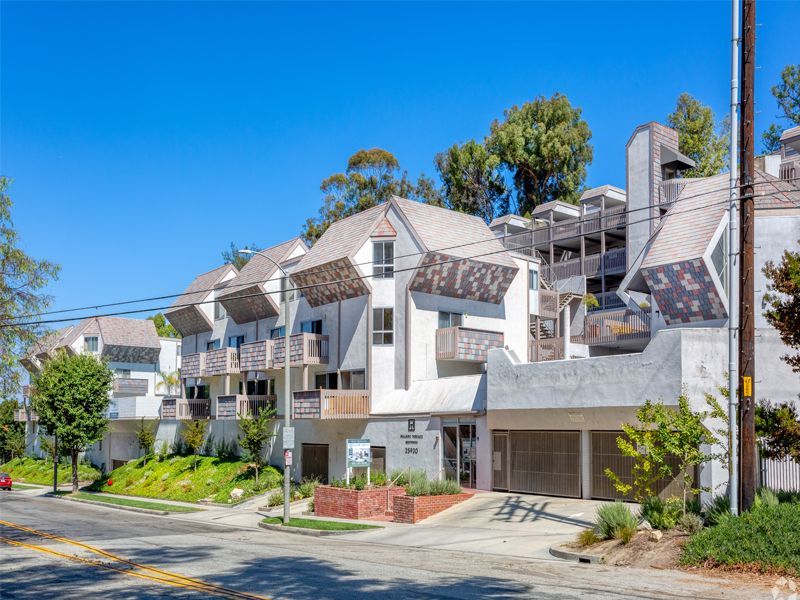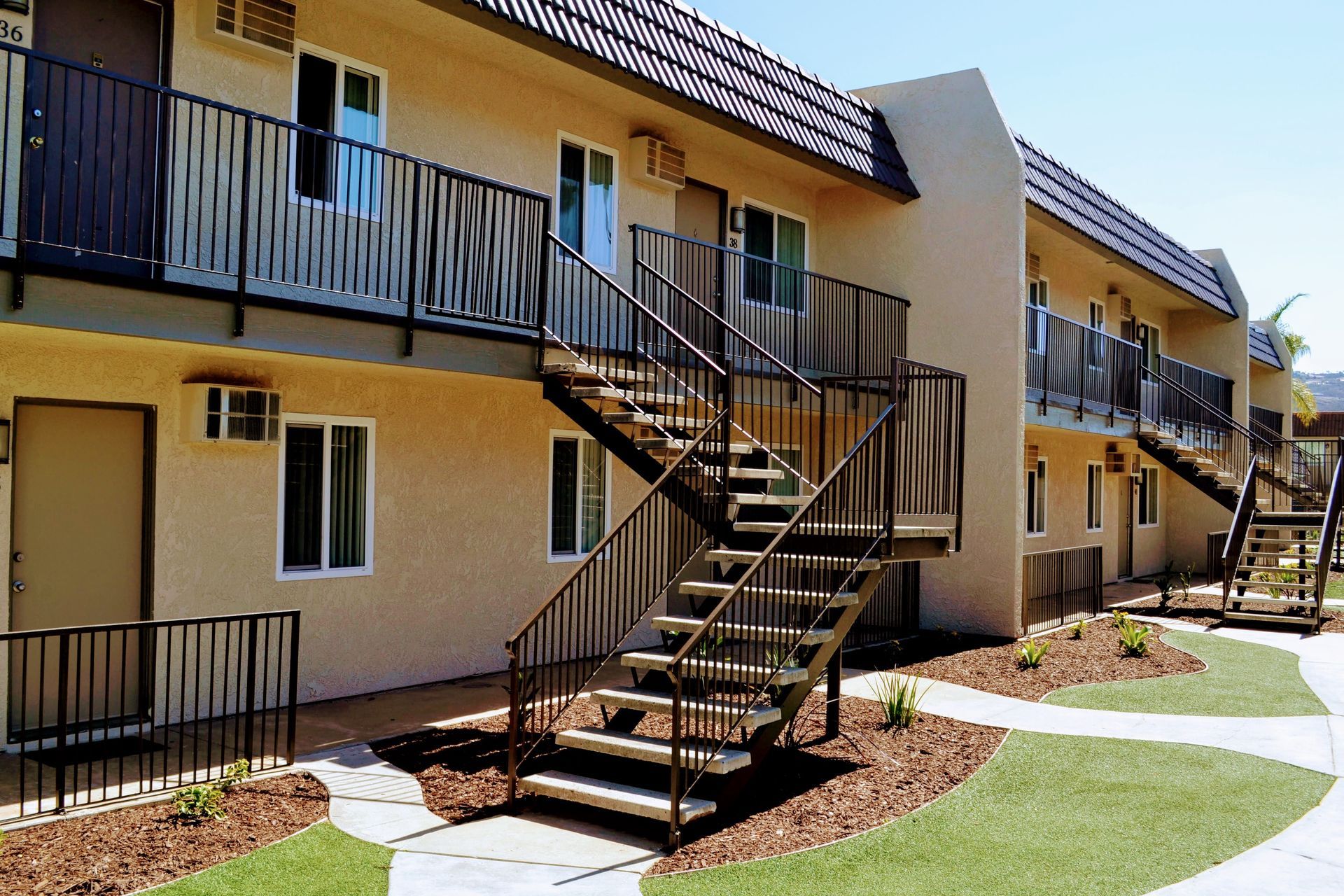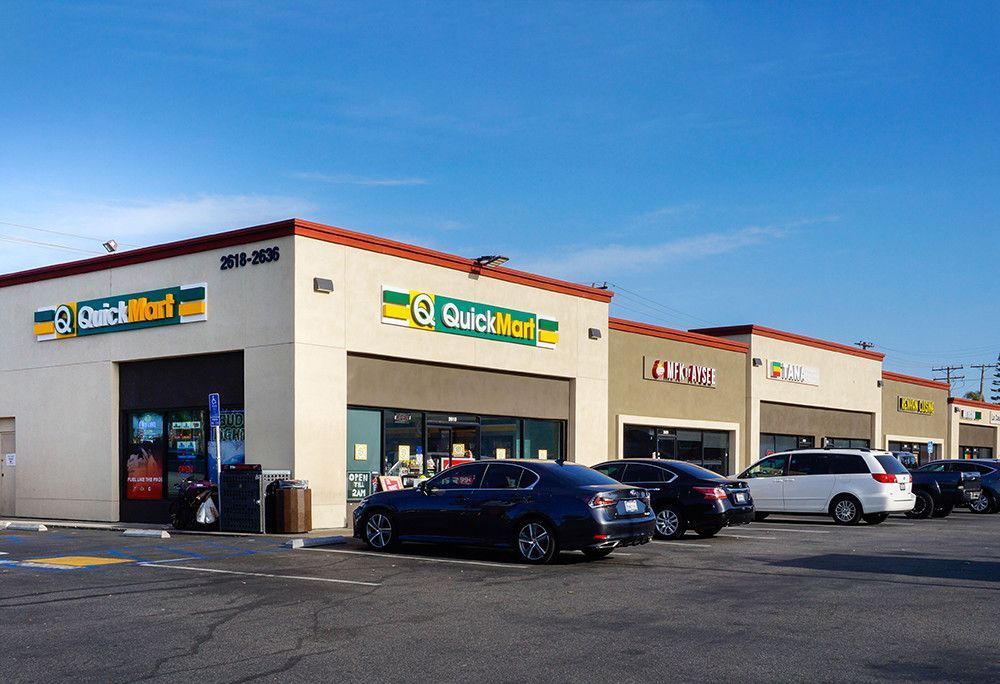Adapting to a Shifting Landscape: Strategies for Commercial Property Owners Amidst Rite Aid's Restructuring
In a move that sent shockwaves through the retail and commercial real estate industries, Rite Aid, one of America's well-known pharmacy chains, has filed for Chapter 11 bankruptcy. This significant development is not just a story of a single company's struggle with financial solvency; it is a harbinger of transformative changes in the commercial real estate landscape. The ripple effects of this event are far-reaching, impacting landlords, property owners, investors, and local economies across the country.
As Rite Aid embarks on a path of reorganization and restructuring, a critical examination of the implications for the commercial real estate market becomes imperative. This bankruptcy not only symbolizes the ongoing challenges in the retail sector but also serves as a pivotal case study in understanding the dynamics of tenant-landlord relationships, lease restructuring, and property repurposing in today's volatile market environment.
Rite Aid’s restructuring process, involving the classification of its stores into keepers, bubbles, and closures, presents a complex scenario for stakeholders. Each category comes with its own set of challenges and opportunities for landlords and property owners. The fate of these properties will depend on a myriad of factors, including lease negotiations, market adaptability, and strategic foresight.
Understanding Chapter 11 Filing
Rite Aid's move to file for Chapter 11 bankruptcy reflects a strategic effort towards reorganization amidst financial turmoil. This decision allows Rite Aid to continue operations while addressing accumulated debt, operational challenges, and liabilities from its involvement in the opioid crisis.
Store Classifications: Implications for Landlords
In the restructuring process, Rite Aid's stores are classified into three categories:
- Keepers: These are essential locations, like top-performing stores and key warehouses, which Rite Aid plans to retain.
- Bubbles: Stores in this category may be retained but are subject to lease restructuring or renegotiation.
- Closure Stores: Locations deemed non-essential, typically due to poor performance or redundancy, are slated for closure.
Lease Restructuring and Auctions
Rite Aid’s bankruptcy proceedings have initiated a wave of lease renegotiations and potential auctions. Landlords must brace for significant rent reductions and lease term changes proposed by Rite Aid or its real estate advisors, A&G Real Estate Partners. This situation calls for a detailed review of lease agreements and loan documents to assess the impact on investments.
Broader Impact on Commercial Real Estate
The bankruptcy heralds a shift in the retail landscape, impacting commercial real estate markets in several ways:
- Increased Retail Space Availability: The closure of Rite Aid stores will increase the supply of available retail spaces, potentially driving down rental rates.
- Opportunities and Challenges for Landlords: The closures present challenges in terms of lost rental income but also opportunities for repurposing or leasing these spaces to new tenants.
- Local Economic Impact: Rite Aid's store closures will affect local economies, potentially leading to reduced foot traffic and tax revenues for affected areas.
Actionable Strategies for Property Owners
Property owners with Rite Aid as a tenant should proactively manage the situation by:
- Assessing Store Status: Determine if your store is on the closure or rejection list.
- Proactive Lender Engagement: Communicate with lenders early to discuss potential impacts and explore refinancing options if necessary.
- Professional Consultation: Consider seeking advice from real estate advisors for lease negotiations and financial strategy planning.
The Way Forward
The Rite Aid bankruptcy serves as a reminder of the volatility in the retail and commercial real estate sectors. It emphasizes the need for property owners to stay informed, adaptable, and proactive in managing their investments.
Rite Aid's bankruptcy represents a significant juncture in the commercial real estate landscape. While posing challenges, it also opens doors to new possibilities and necessitates strategic responses from property owners and investors. Staying agile, informed, and prepared for negotiations and market shifts will be key to navigating these turbulent waters.
We encourage property owners and industry professionals to join the dialogue. Share your insights, experiences, and strategies on adapting to these changes in the commercial real estate landscape. Together, we can chart a path through these complex challenges.nts.
Property Management Made Easy
Contact Us - Contact Page
We will get back to you as soon as possible
Please try again later
Los Angeles
1411 W. 190th St.,
Suite 225
Los Angeles, CA 90248
Temecula
41743 Enterprise Circle N.,
Suite 207
Temecula, CA 92590

P.O. BOX #1489
TORRANCE, CA 90505








